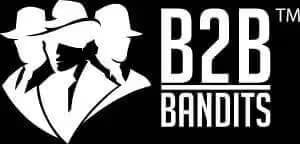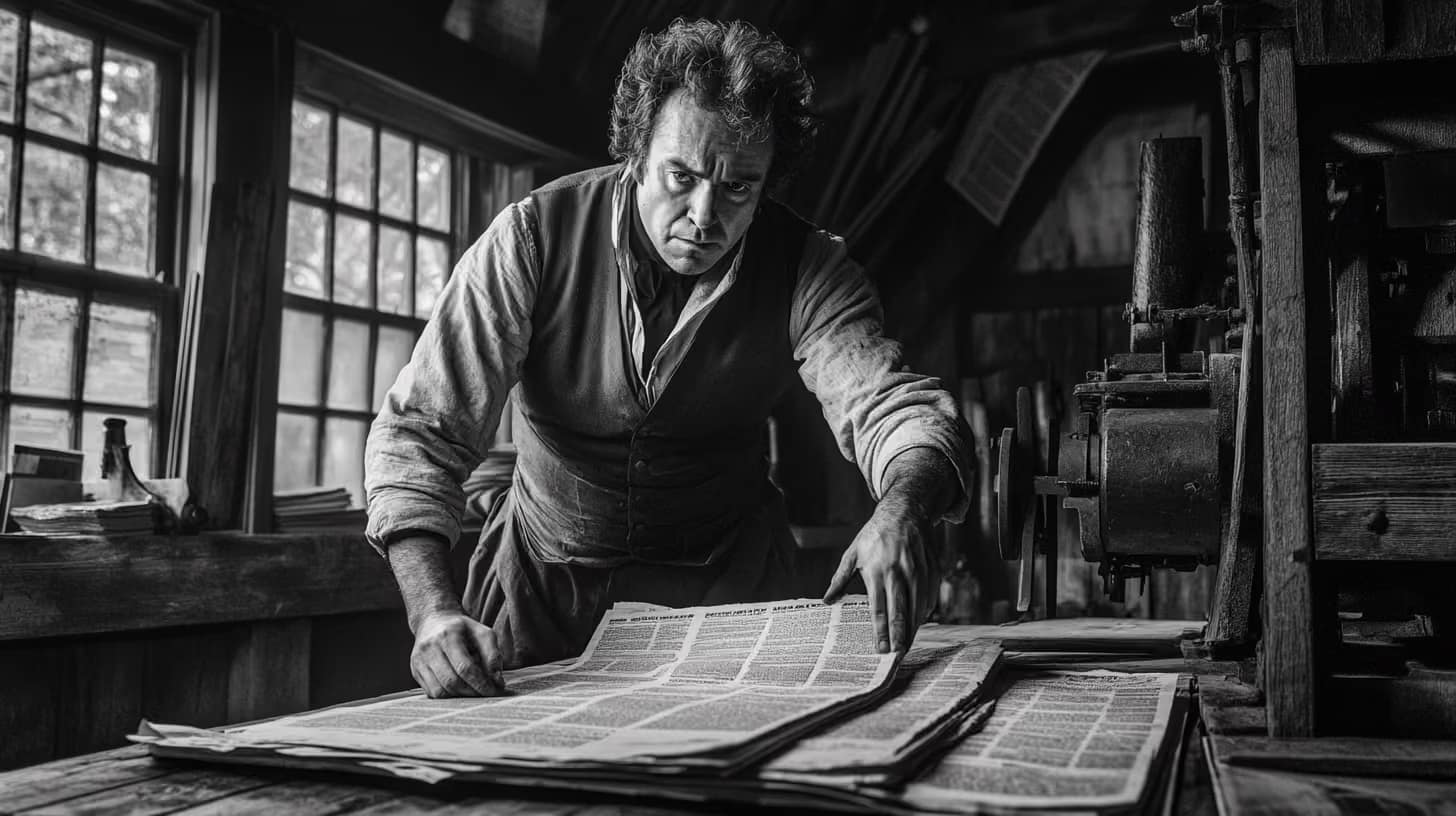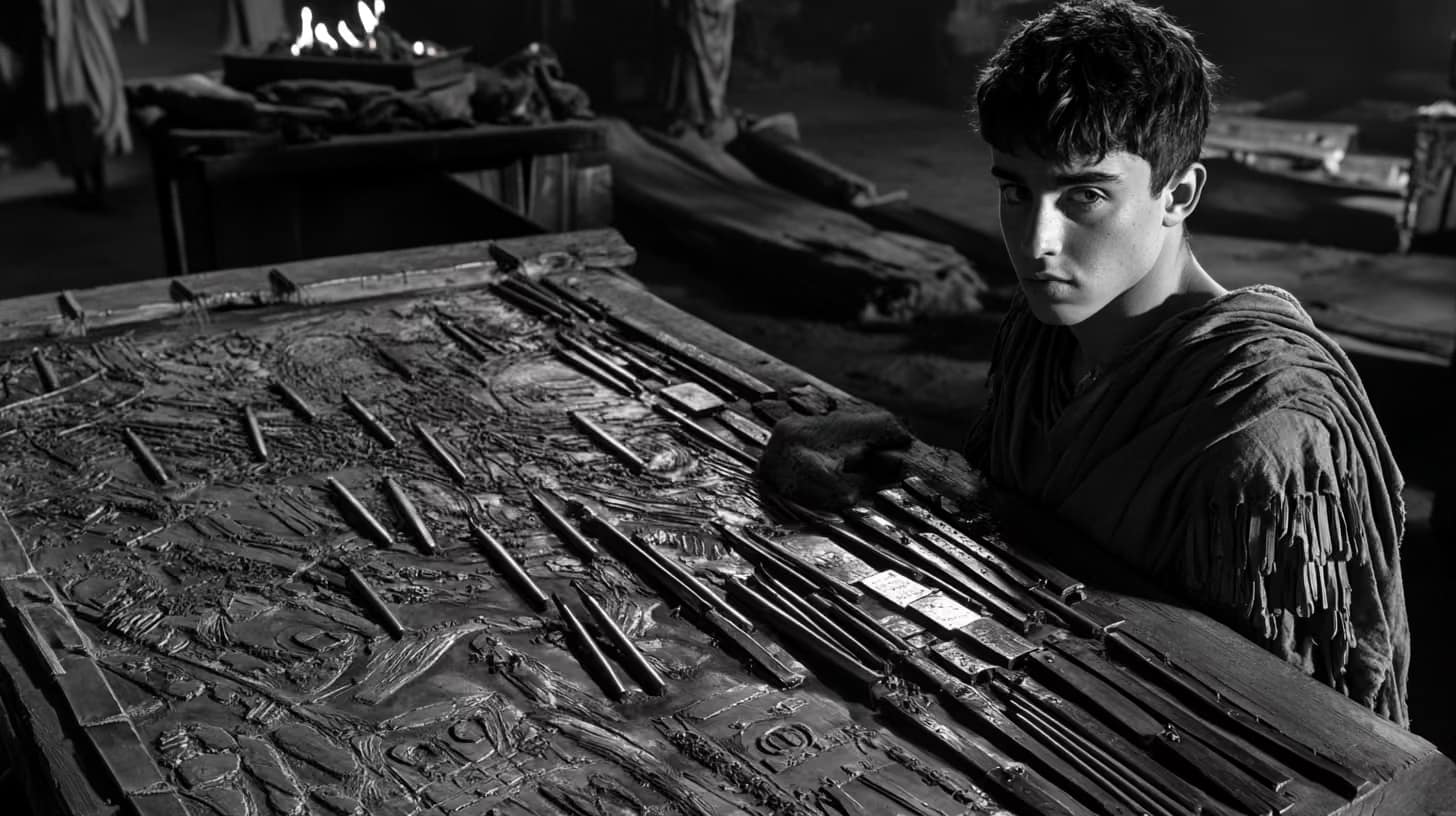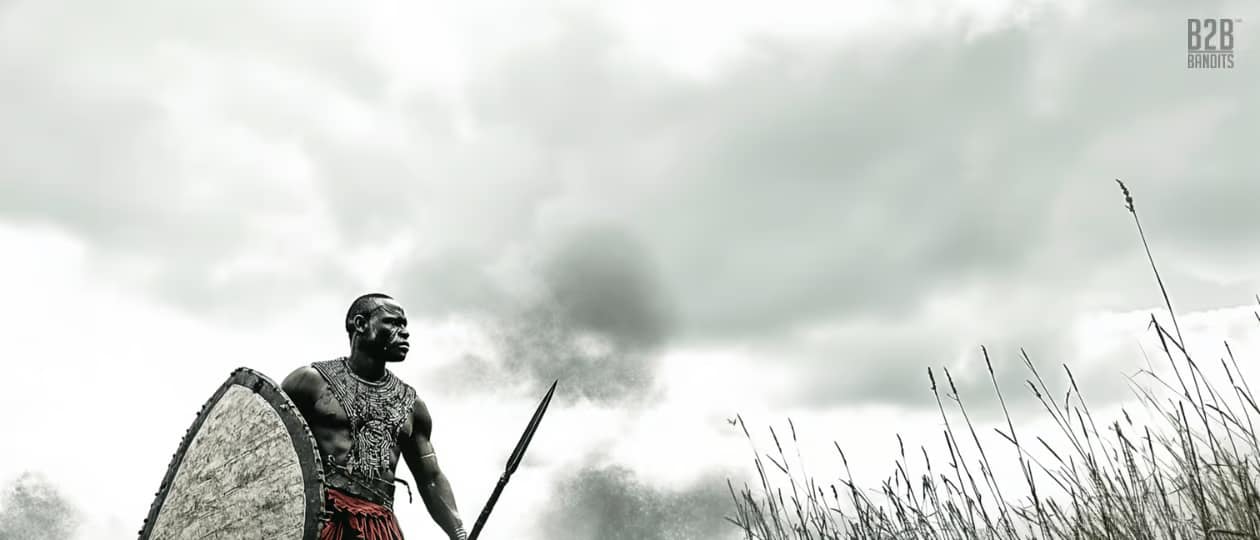
About Damn Time
Nate: When you look back at your entire career—not just specific to the current piece—what would you consider your biggest success? Try to be specific, if you can—the one that made you feel like, “I’ve arrived,” or like, “It’s about damn time,” that really gave you that warm and fuzzy. Tell me about that.
En: That makes me think of two things. One would be that my greatest success is in how I see the whole long-term benefits of building and cultivating relationships. In general speak, I think that’s probably the greatest tool that I have to offer. That is proven success for me, and I’m quite proud of it. It’s not necessarily about the whole philosophy behind it, but the results that I’ve gotten for clients that were always outside of any realm of possibility before they and I started working together.
One in particular is this story that was written in National Geographic by Joel Swerdlow. He was an editor at the time at the publication. I’d built a relationship with him over eight months to come out finally with a story that delivered on how Microsoft was one of the leaders in defining the future of writing. The story was called “The Power of Writing.”
Prior to the start of all of this, when I talked to my clients in getting to know them at the early stages, I kept hearing how the one publication that meant the most to them was National Geographic, growing up. The reason was that there were towers of them around them, there was always a standing subscription, and they loved the stories, how they ignited their imaginations, and shaped the way they get to see the world.
They were so excited when they talk about it, and then when we’d come down to talk (laughs) about which key press they wanted to find themselves in, it was a lot more boring. (laughs) It was more like, “Well, I guess we have to be in Wall Street Journal. We have to be in these publications…” That always spoke to me that they were so personally and uncontrollably thrilled when they talked about National Geographic Magazine.
So even against the advice of the folks at the agency I was working for at the time—they told me not to do it. They were like, “Why would they care? You’re just wasting time. Why would National Geographic ever do a story with a software company? That doesn’t make any sense.” But we ended up doing one. As a result of all of the relationship building efforts that we made over quite a long stretch of time, these folks got to see themselves printed in the magazine that had such personal meaning to them.
I’d look at that story as an example of what is always possible. You find that nugget of truth among the things that they say and the things that truly excite them, and then you try to build a plan for how to get there instead of dismissing it—“It’s too much work,” or “It’s not the lowest-hanging fruit,” and so forth. That’s always something that I’m really very proud of, but that’s only one example of many that I’ve done with my clients.
Nate: That’s fantastic. What about your greatest failure?
En: Oh, the greatest failure? Oh, good Lord. I think I’ve had (laughs) a lot of failures, especially because when I was with the semiconductor plant, navigating this world without a mentor specifically in the area of communications, I misstepped all the time. That was why when I left that company, I felt like, “Wow, I really need some traditional study on how media relations is done.”
Because I was so nervous about the media, the greatest failure, I think, was seeing the media as a scary, evil entity, like they’re out to get you. They’re always going to have a microphone on, and you can’t say what you want to say. And at some point, you’re going to find whatever quote that you may have said either out of response to something that’s totally misquoted, or you’re going to end up saying something very casually, not realizing that you’re actually on the record. There was just all that mistrust that I think a lot of people sell you.
That was probably my biggest failure, that I actually felt I had such strong personal things to say about what was going on in the local environment and how really hateful some of the things were and shouldn’t be acceptable in public arenas. And they were. Even statements that were made about the company’s nationality, in this day and age, that stuff shouldn’t go on. That should not be acceptable. And I never spoke out because I was so terrified of what the media can do and the power they had, and that their bent was always going to be to thwart you or to trip you up. So when I moved on from there, I realized it’s not the truth. (laughs)
Elevator Pitch
Nate: If you were given 30 seconds in an elevator with your former self, what advice would you give you? It’s one of those things—you have the background in physics, so it might be a bit of a stretch. (laughs) But say you were able to send a message at any time in your life, what would you do?
En: You know, I don’t even think I need 30 seconds. If I were to give myself advice—a younger version of me—I would tell myself to trust myself, to know that I have valid thoughts and convictions, and to not be afraid to voice them. I think that’s what I learned along the way over 18, 20 years, to value my instincts, to value my assessment of situations, and to trust my voice. I think those are the three most key things that help me feel confident and be more useful to my clients because I do speak out for what I think is the truth.
Routine
Nate: It sounds like you’ve had a very diverse career, and the stuff that you do, I imagine, requires a staggering amount of skill sets. Can you tell me about your routine? How do you get everything done in a day?
You mentioned before how in the earlier days, it was like you were married to the job, there till 11:00 at night, and you said that it was one of the things that triggered you to leave. So what do you do now? Is there anything in your routine that you attribute to your success, or is it something like a bad habit that you broke from your routine, that you advise your clients to break a bad habit? The recurring stuff, not the campaign stuff—how do you do that personally?
En: Finding that balance that fits?
Nate: Do you have any roles for yourself?
En: Oh, yeah. I think it’s all about keeping some discipline that’s recurrent throughout your days. It’s not that exciting, but for me, I wake up, and I make a list. (laughs) It’s like, “Okay, if I do nothing else today, these are the five things that I will have done,” even including the conversation regarding such-and-such with my client. (laughs) So even if it’s a 20-minute conversation, I put it on that list that that conversation needs to happen today. I make sure that I have that list, and then throughout the day, I check it off.
I do have some other routines that are specifically dictated by time, and that’s because like you, I treasure the time I get to spend with my kids. I had the luxury for a little while, when my first baby was born, to be a stay-at-home mom. I realized how much I loved that role, and no matter how much I truly love working too, (laughs) I have to figure out a way to make it work where my children feel as loved as my clients do.
So when it comes to pickup at school, I am always there. When it comes to drop off in the morning, I make sure that the clients always know I’m not available until 10. (laughs) That’s when I start my meetings, if I have to be somewhere. I’m available on email, of course, constantly, but I’m setting those kinds of rules. So throughout the day, I have timeslots that are completely blacked out and that no one gets to interfere with: at dinnertime, cooking for my kids because they love mommy’s cooking. (laughs)
Those kinds of things rule the day, and then other things cover it in terms of what I need to get done. The list that I keep for myself, it keeps me on track. Then I make sure that at least, I would say about an hour a day, I try to just do research on the local market and the industry. It doesn’t need to lead anywhere, but just to sit and be aware of what might be going on with other folks in the field and the same market with the clients that I currently have.
Nate: I guess the follow-up question to that is—we’ve talked a lot about advocacy and influencers. It sounds like you probably have a really stacked black book. How do you stay in contact with all these people? How do you keep the relationship alive? I imagine it’s quite a who’s who list. PR in general is, by nature, about who you know and the relationship building. How do you prioritize and how often do you stay in touch with people? Do you have a formula for it? What’s your secret? (laughs)
En: Here’s my formula for having worked with the caliber of folks that I have. When I first started off in my practice, it’s one thing when you have kind of the credibility of the Waggener Edstrom name behind you, but when you’re coming in off the street as this lone person who has a little experience, but they’re going to be defining the future of your success for your startup…
It was so daunting for me because a lot of my clients were leaders in their field. They were the ones who were getting quoted all the time in publications. They were giants, and they were intellectual giants. Oftentimes, ego comes along with that. How do I deal with the fact that I need to be perceived as credible and respected for the advice that I give, when at the time, I’m young and green and not as well-educated as they are?
I came up with a shtick for myself. (laughs) Everybody listens to their very opinionated younger sister. They love them. So I’m going into a new kind of relationship, and I am their annoying but loveable younger sister who has some good things to say. Whether or not they take everything I say, they trust that there’s probably a nugget in there that’s worth listening to. (laughs)
As a result of that, I maintain that relationship after we may no longer be working together. I still check in with past clients all the time. I ask them, “Do you want to go get a beer? Let’s go do happy hour.” Usually, my requests are very socially oriented, just casual and goofy because they have to see me as goofy in order to say, “Hey, there’s stuff beyond the goofiness.”
Thanks for reading! More interviews are on their way. If you like what you’re reading, sign up for our newsletter (in that overly friendly box to the right) to stay in the loop.






